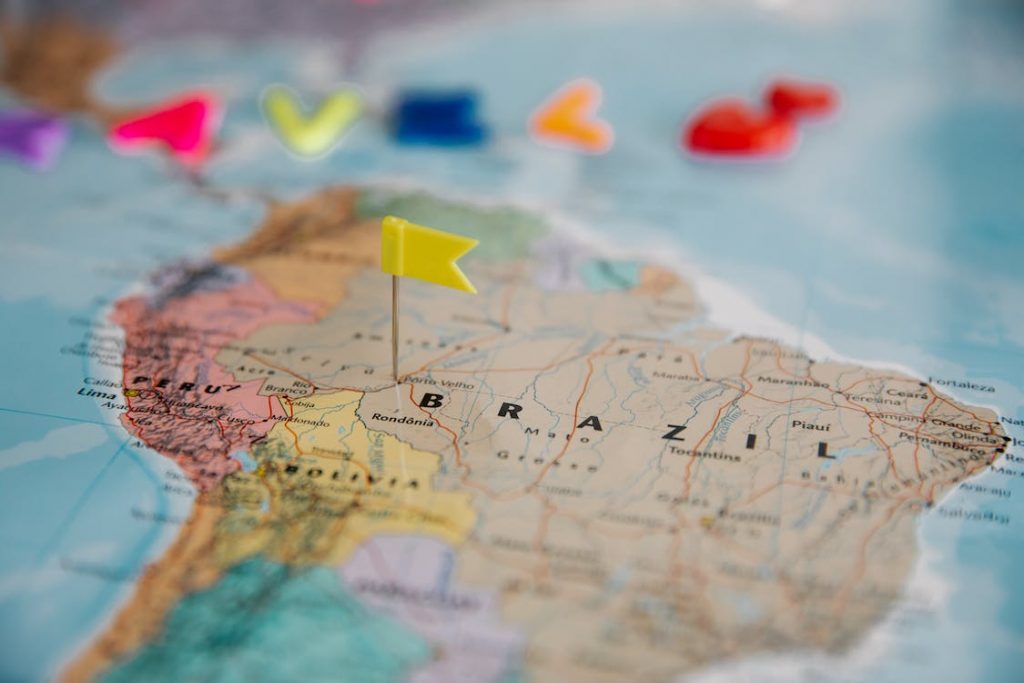Brazil has decided to advance its mandatory biodiesel blend in diesel, expediting blending targets previously set, according to the country’s energy policy council CNPE on Tuesday. Concurrently, the decision puts a halt on biofuel imports until further notice.
The move is poised to benefit Brazil’s oilseed crushing industry, which has faced challenges with idle capacity averaging 50% in recent years, with approximately 70% of the country’s biodiesel being derived from processed soybeans.
Mines and Energy Minister Alexandre Silveira announced that the CNPE has raised the local mandatory biodiesel blend into diesel to 14% from March 2024 and further to 15% starting in 2025, up from the current 12%.
This decision modifies a resolution passed last March, where the CNPE had initially mandated a 13% biodiesel blend into diesel from April 2024, subsequently increasing to 14% in 2025 and 15% in 2026.
Representatives from the industry noted that a 1% increase in the biodiesel mix corresponds to approximately 1 billion liters more in consumption.
Brazil’s oilseed crusher lobby Abiove, representing major firms such as ADM, Bunge, Cargill, and Cofco, anticipates around 7 billion liters of biodiesel production in the country this year.
The decision by the CNPE was celebrated by biodiesel producers association Ubrabio, stating that it provides the industry with “the necessary boost for it to regain competitiveness.”
However, fossil fuel group IBP criticized the measures, emphasizing the sector’s need for predictability, and warning that alterations to the mandatory blend could lead to a “biodiesel run,” impacting prices and fuel supply.
See also: Brazilian PV Module Imports Decline by 19% in H1 2023, Canadian Solar and JinkoSolar Lead Suppliers
In addition to the biodiesel mandate adjustments, the energy council also formed a working group to discuss biodiesel imports. While no final decision has been made, Energy Minister Silveira asserted that imports would not be allowed until the working group concludes its deliberations.
Ubrabio praised the decision, while IBP expressed concern, stating that “untimely changes” compromise regulatory stability and create market uncertainty. The council also established a second working group to explore potentially increasing Brazil’s mandatory ethanol blend into gasoline from 27% to 30%, following hints from the local government.

